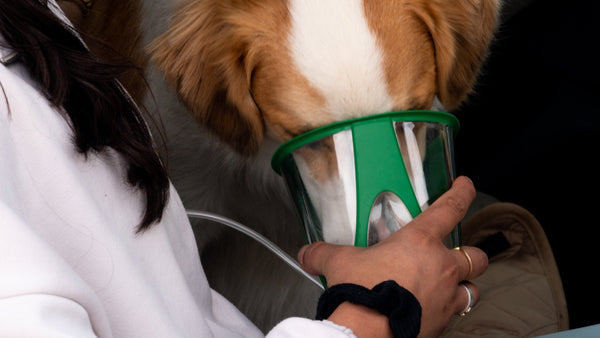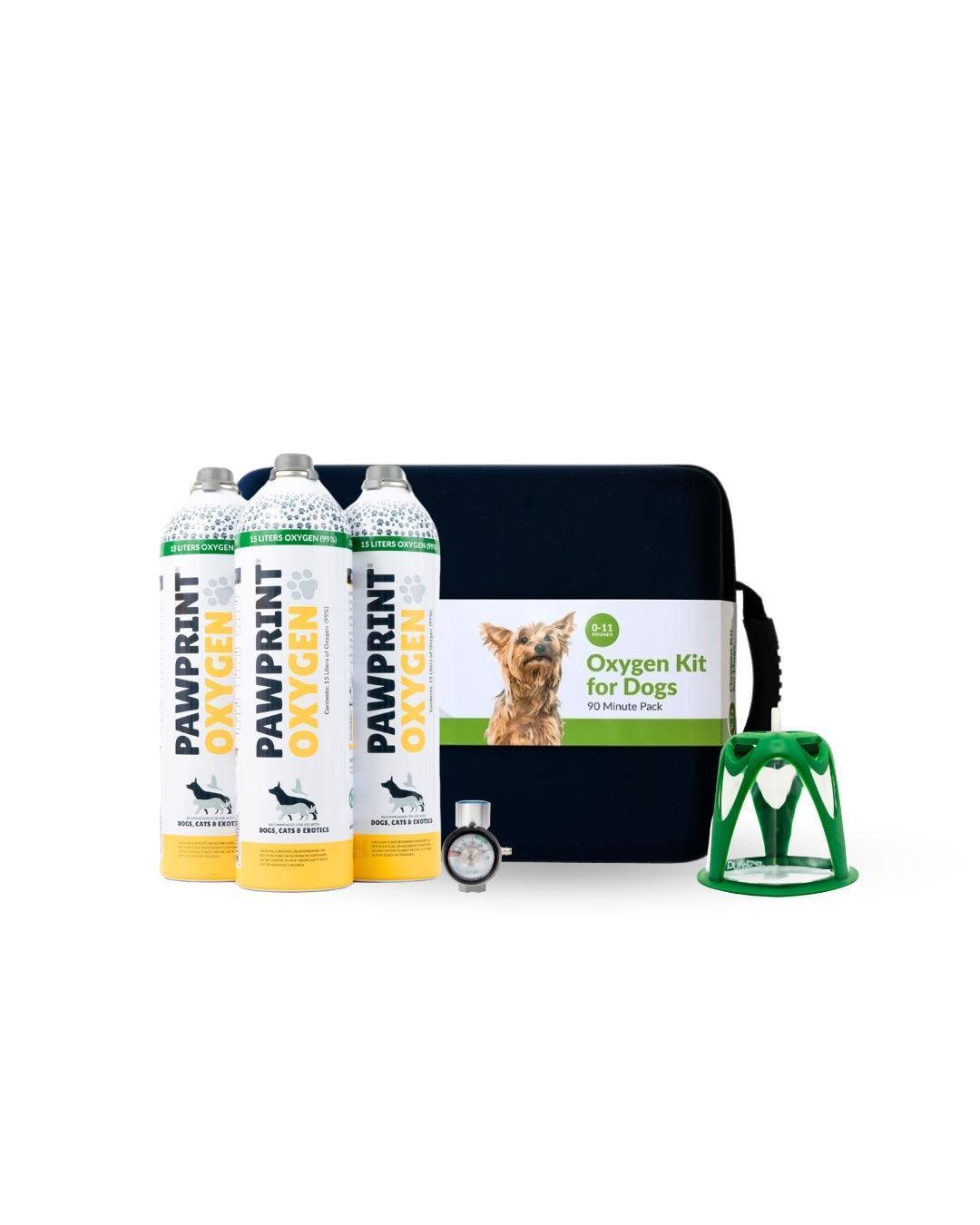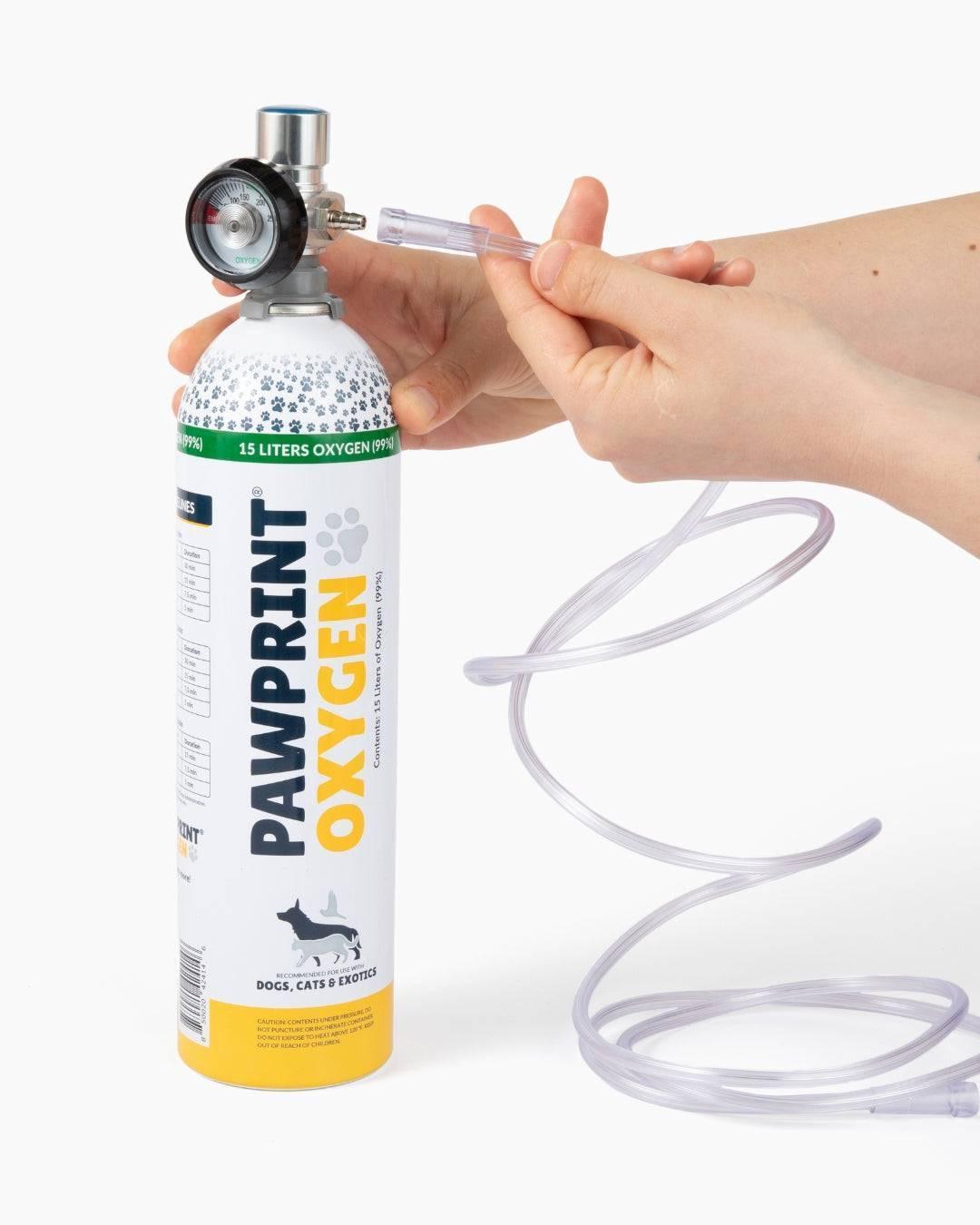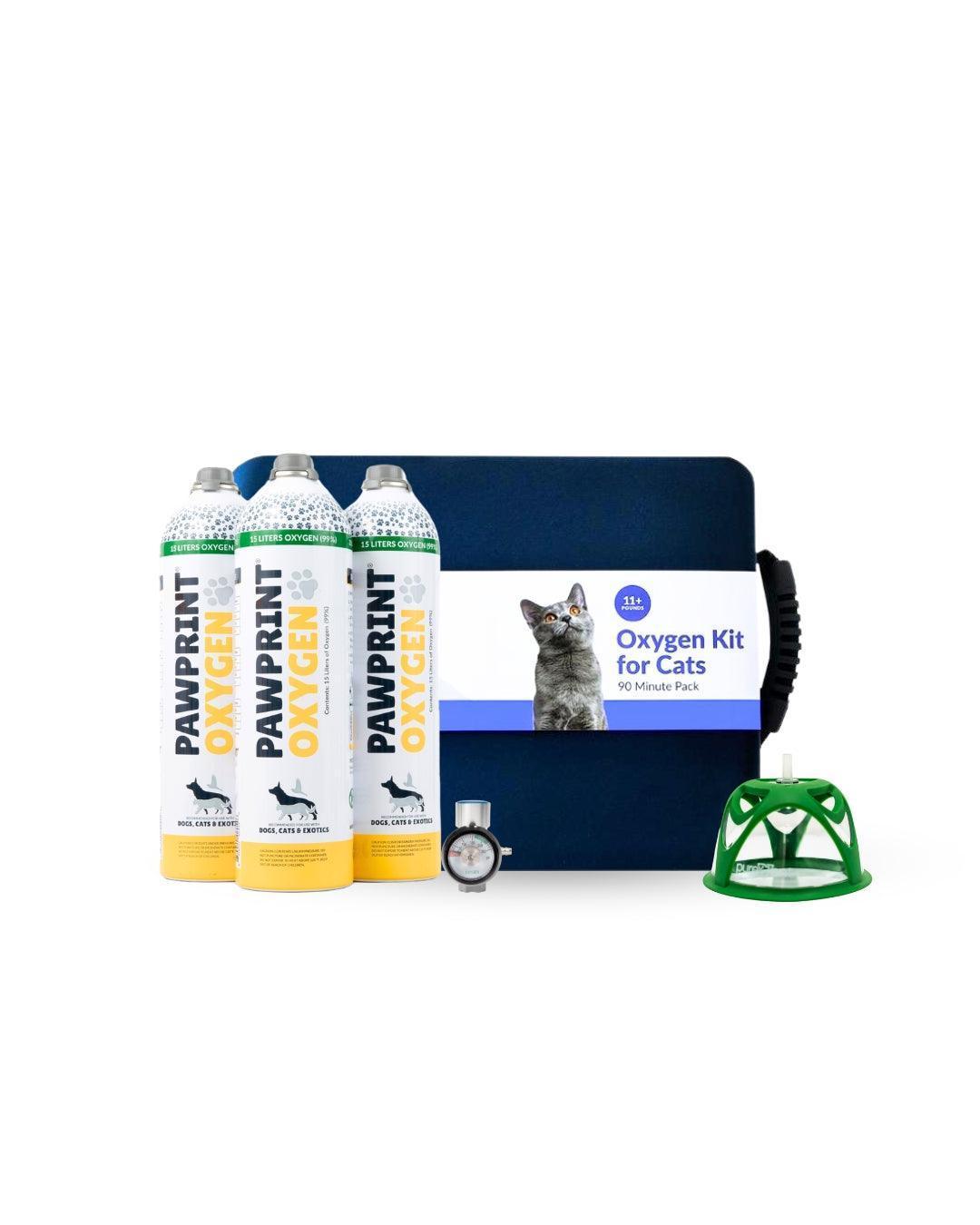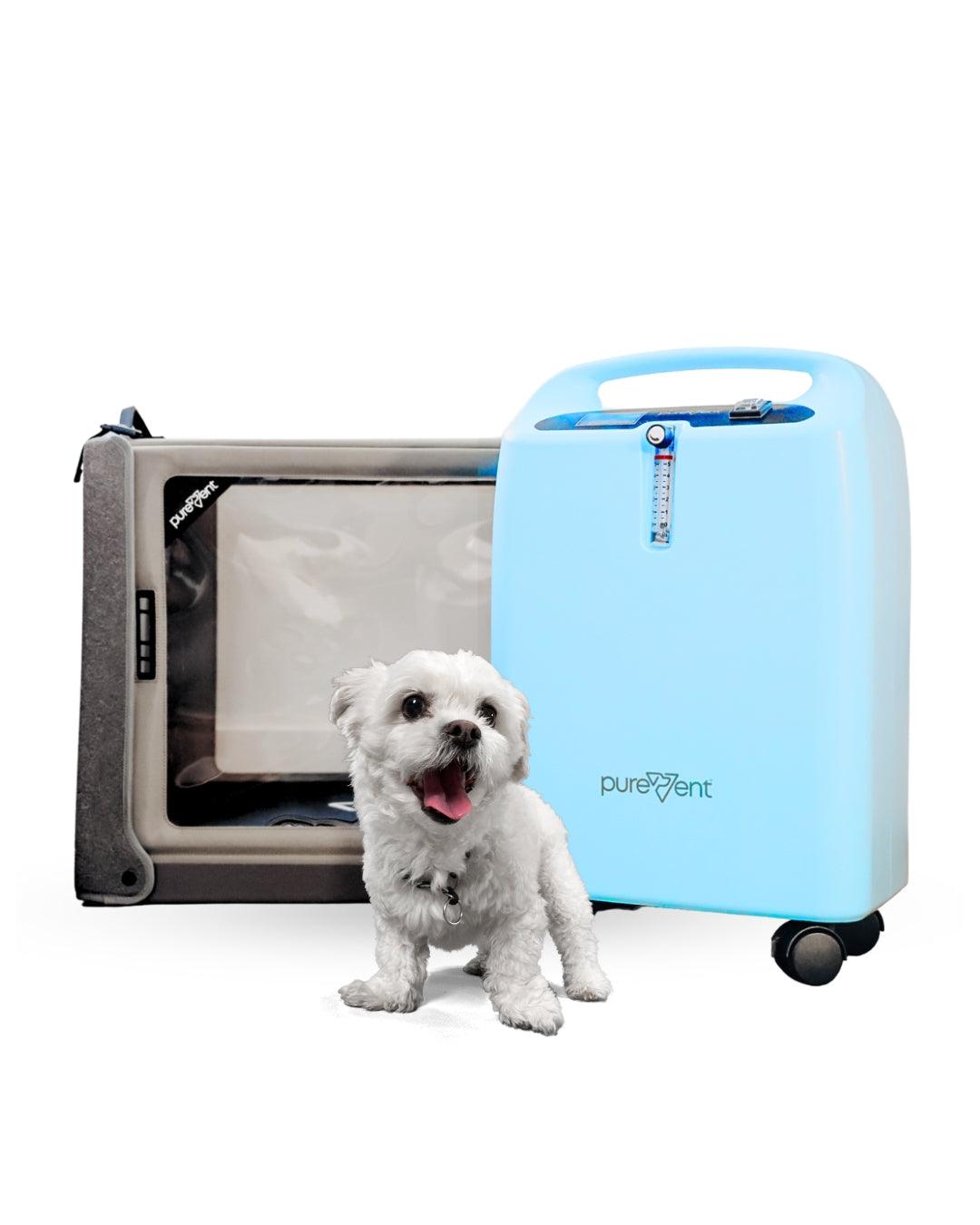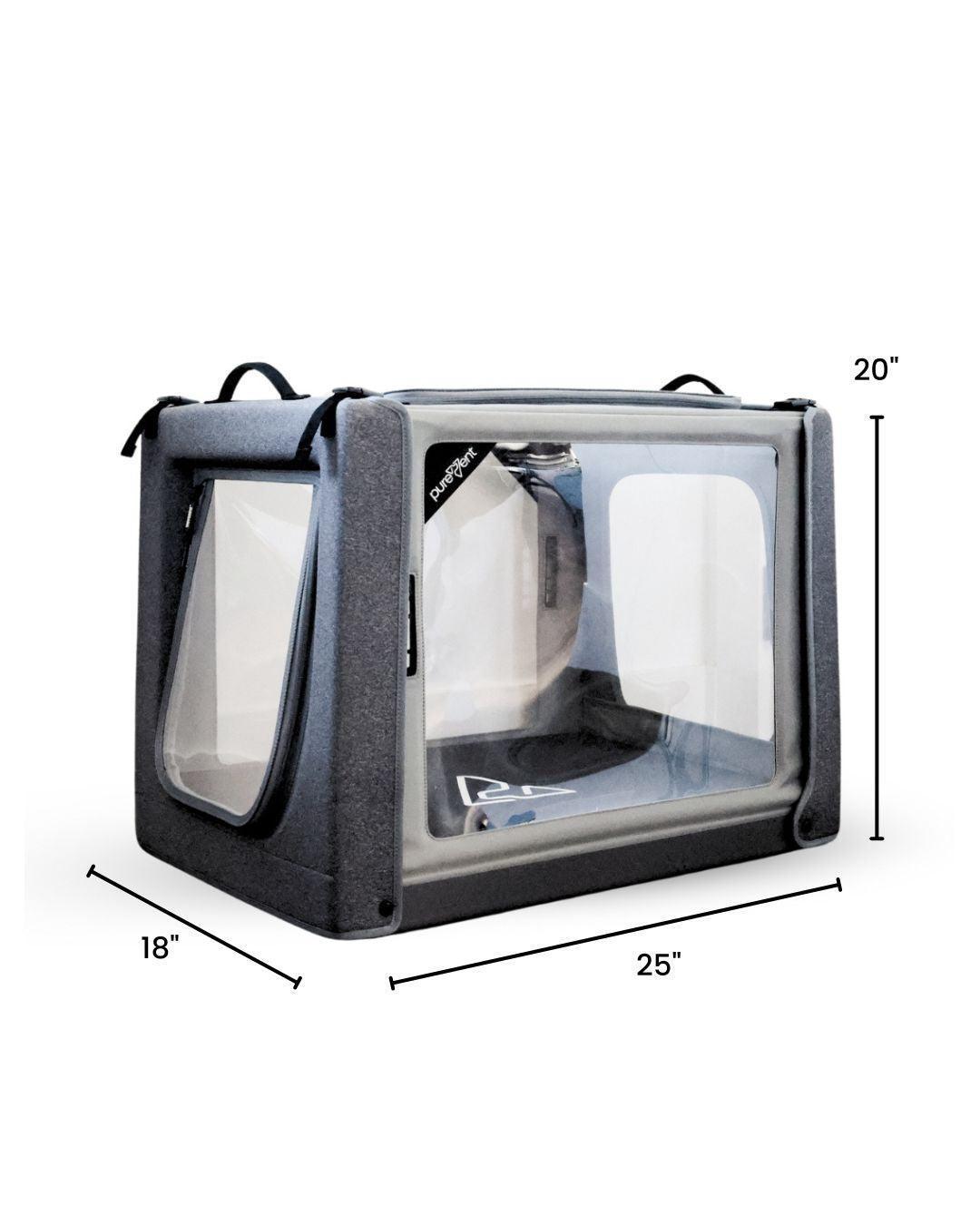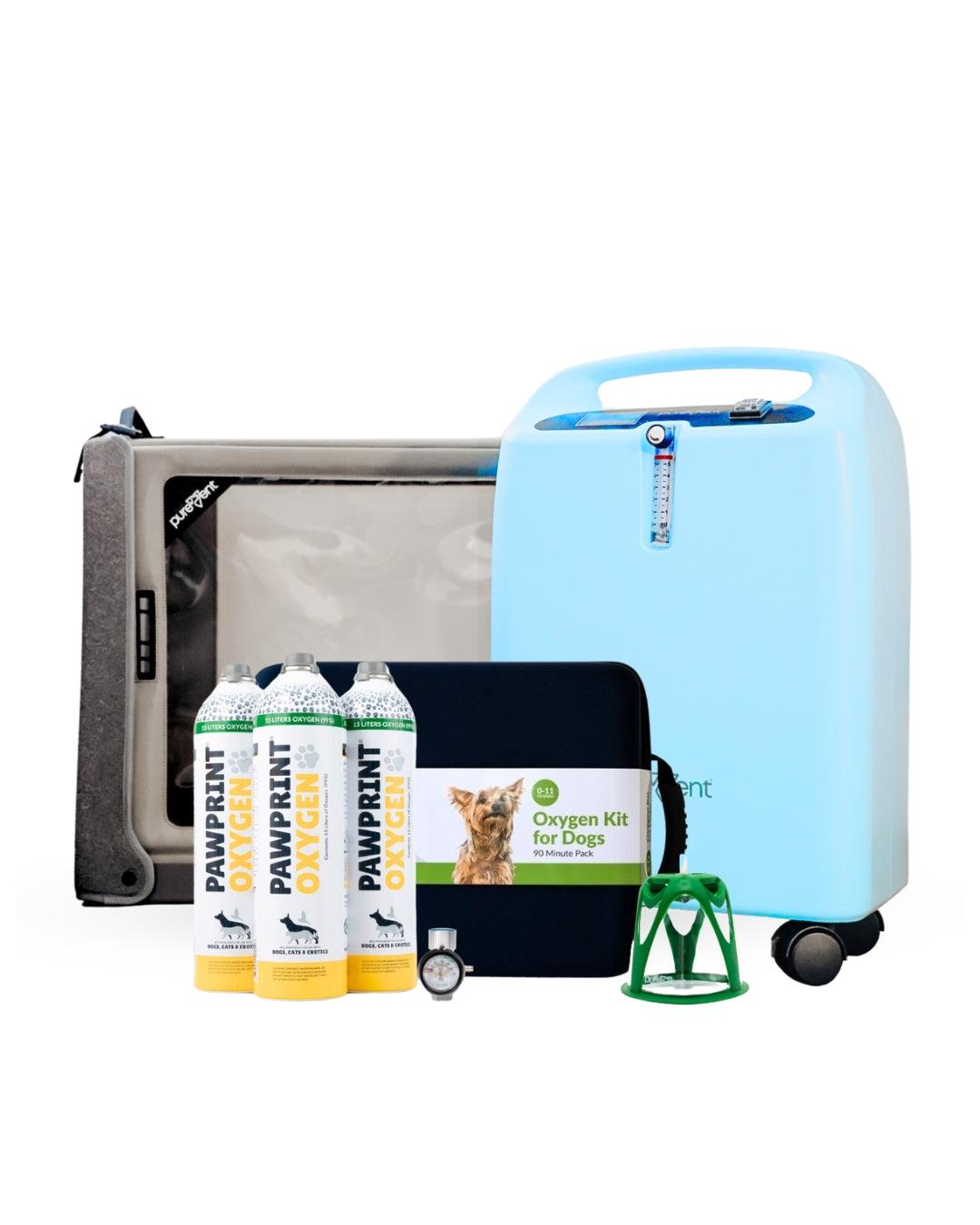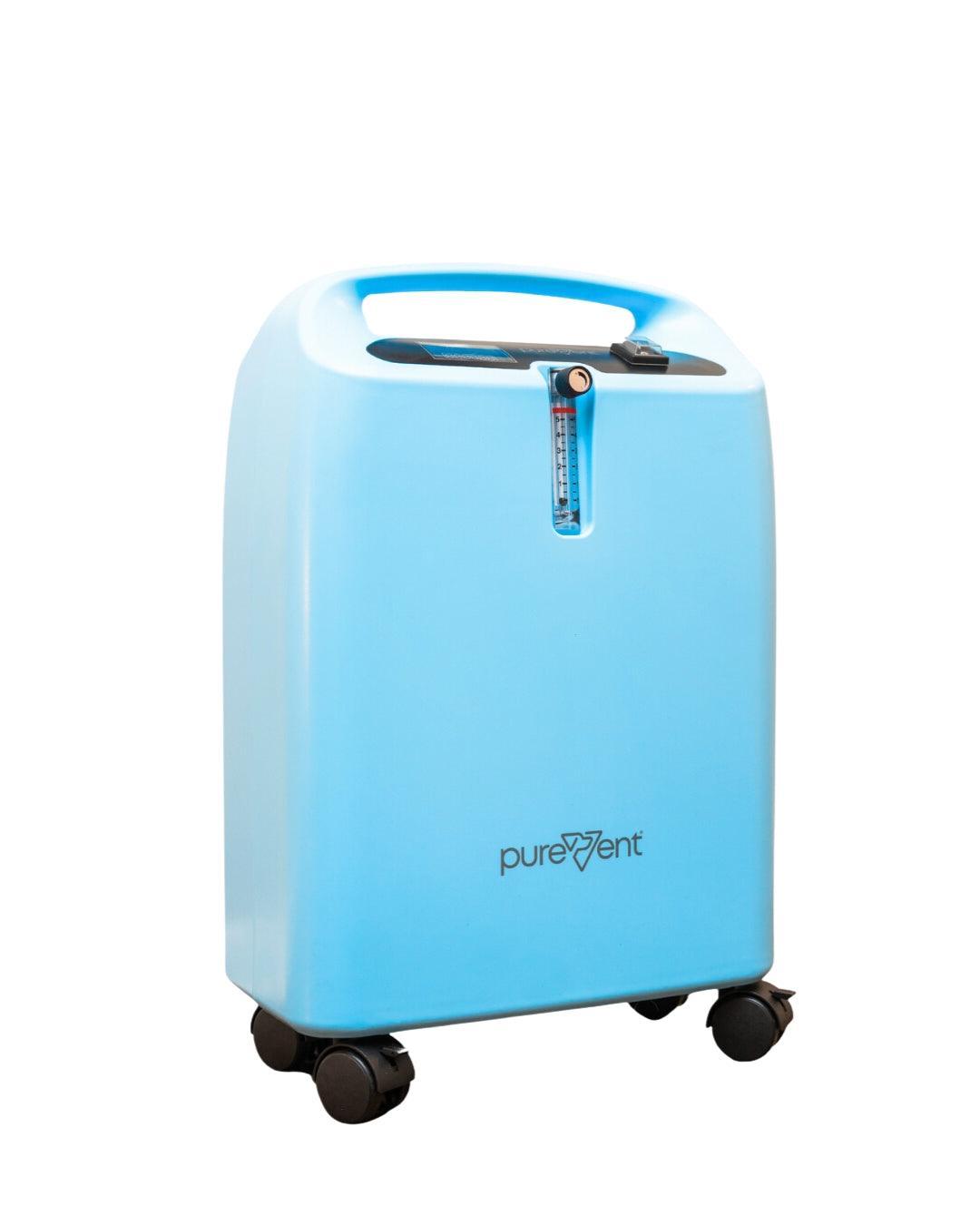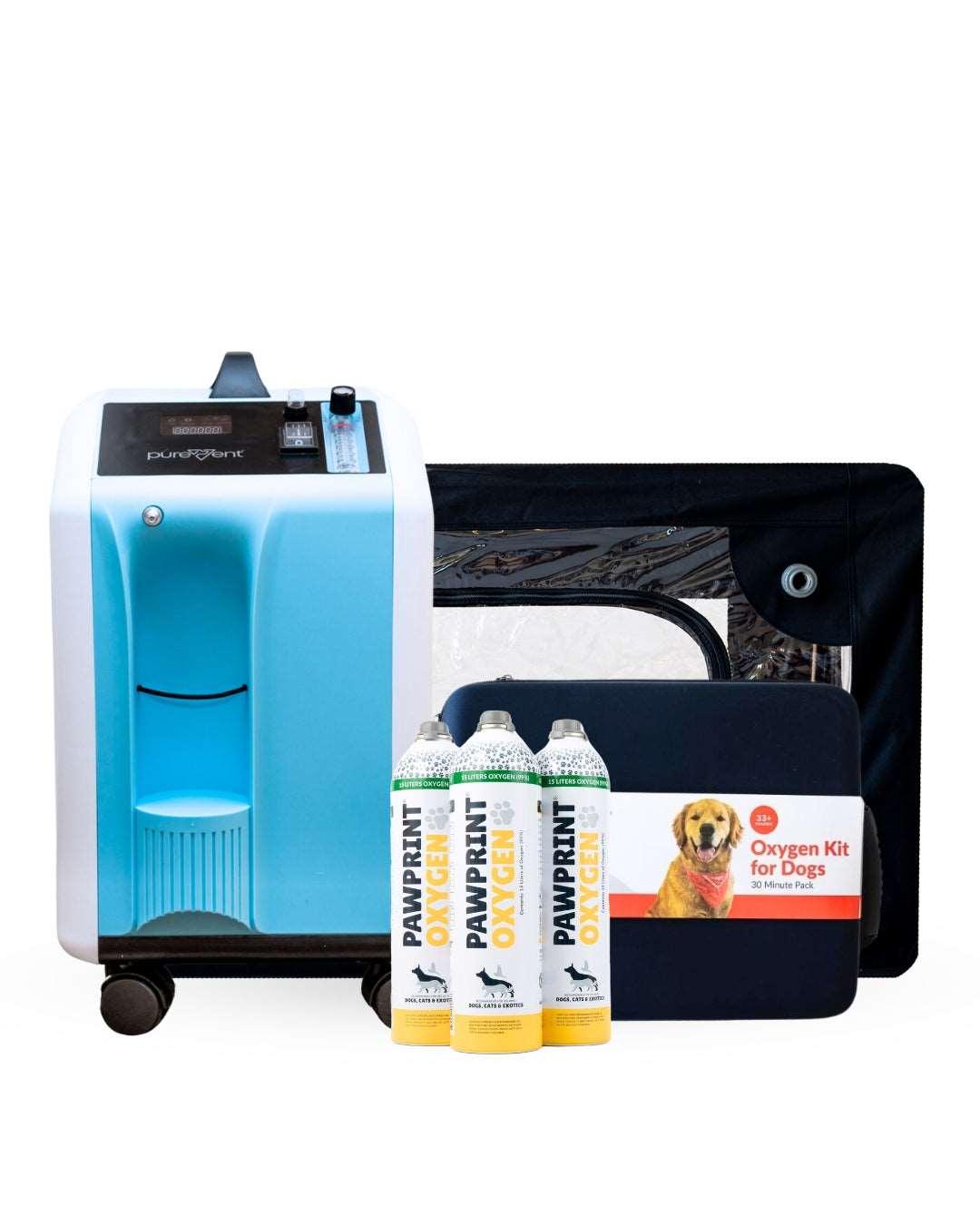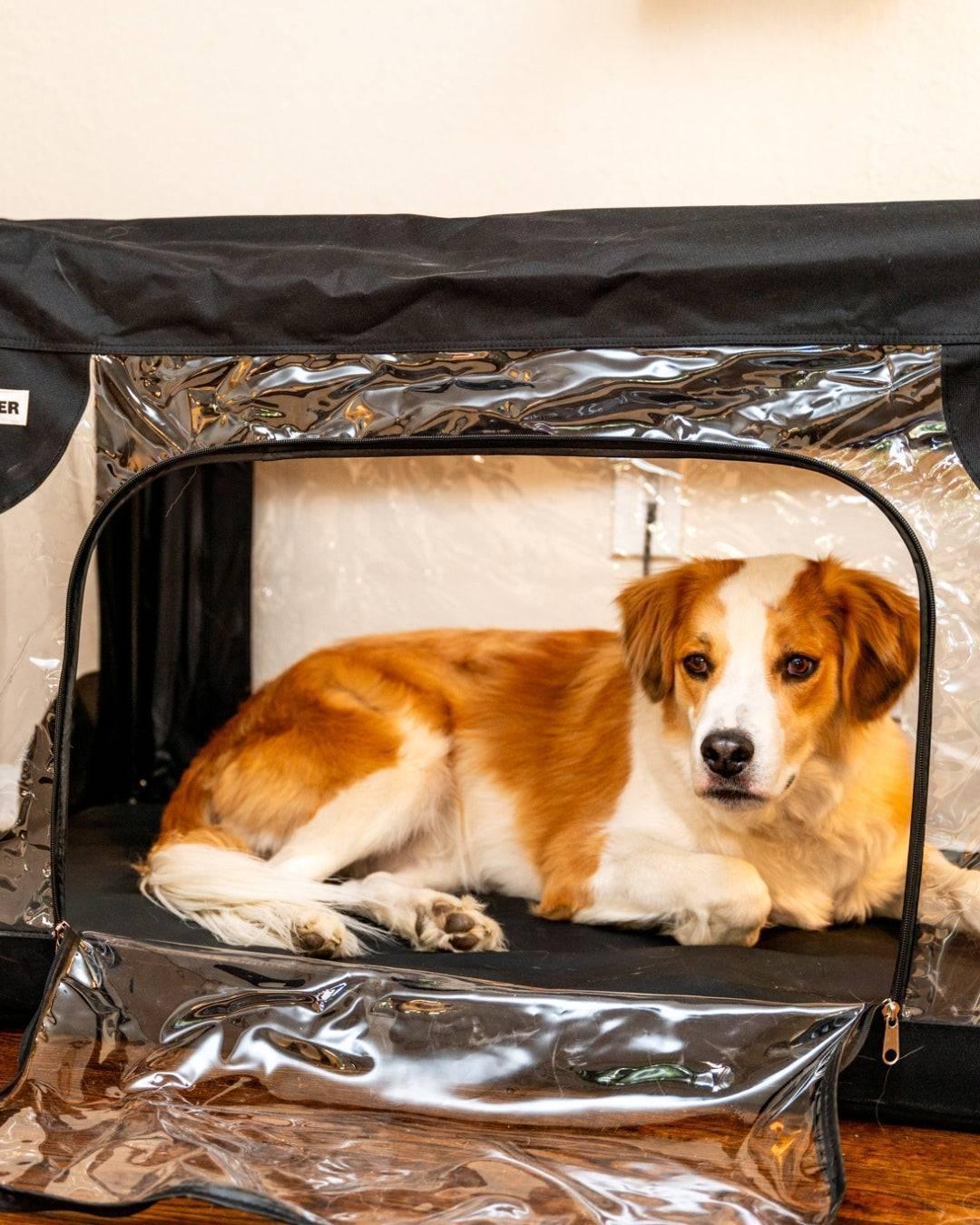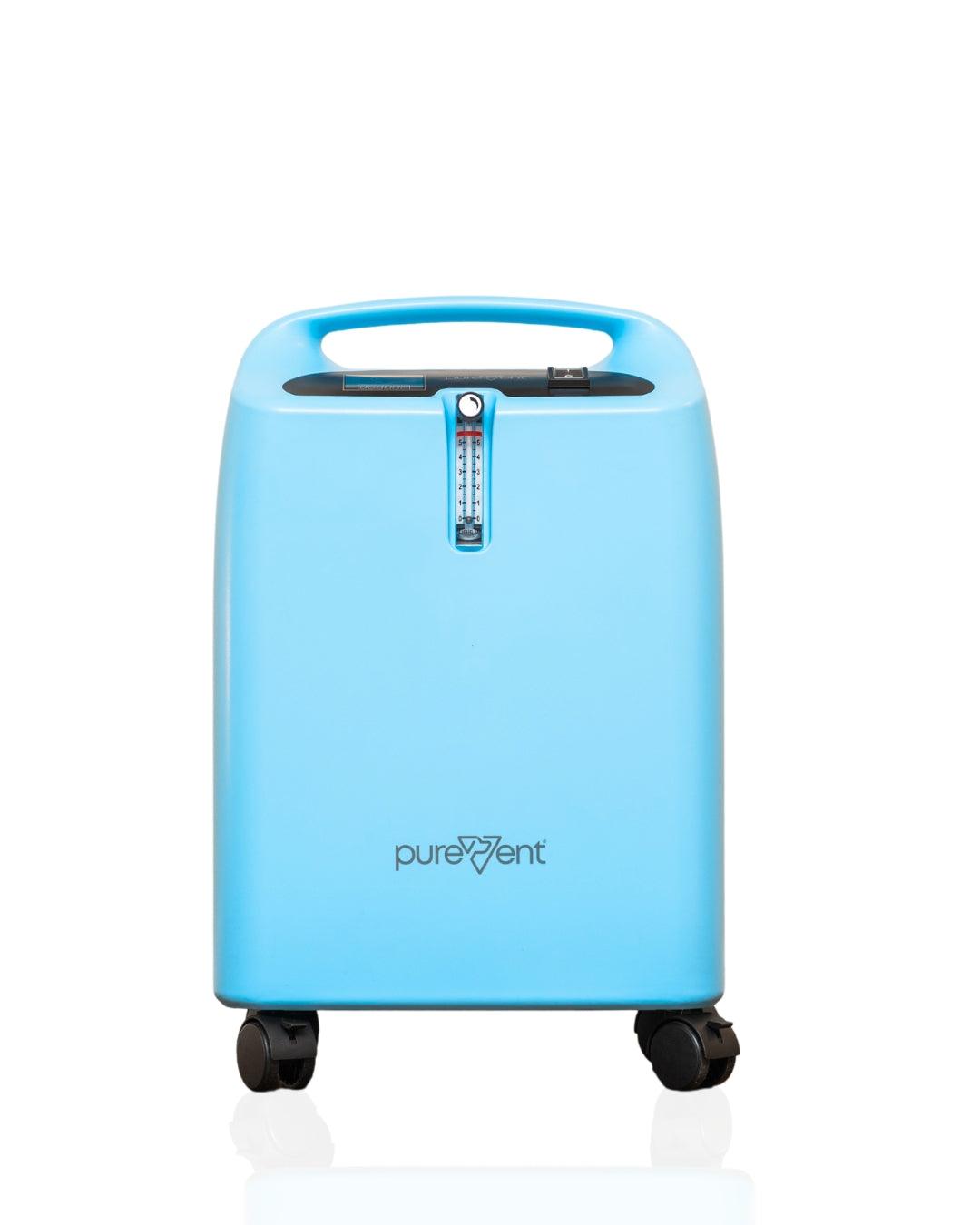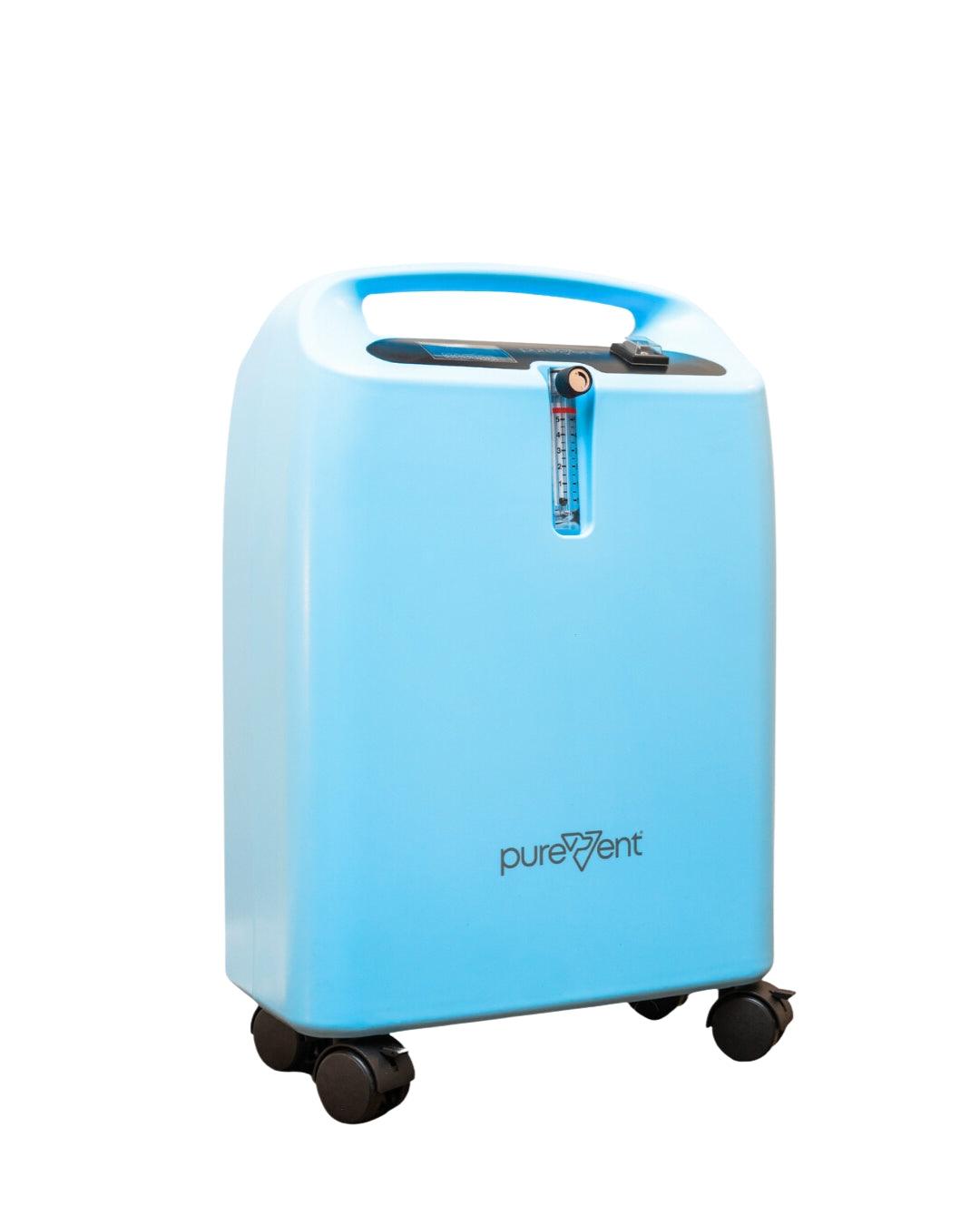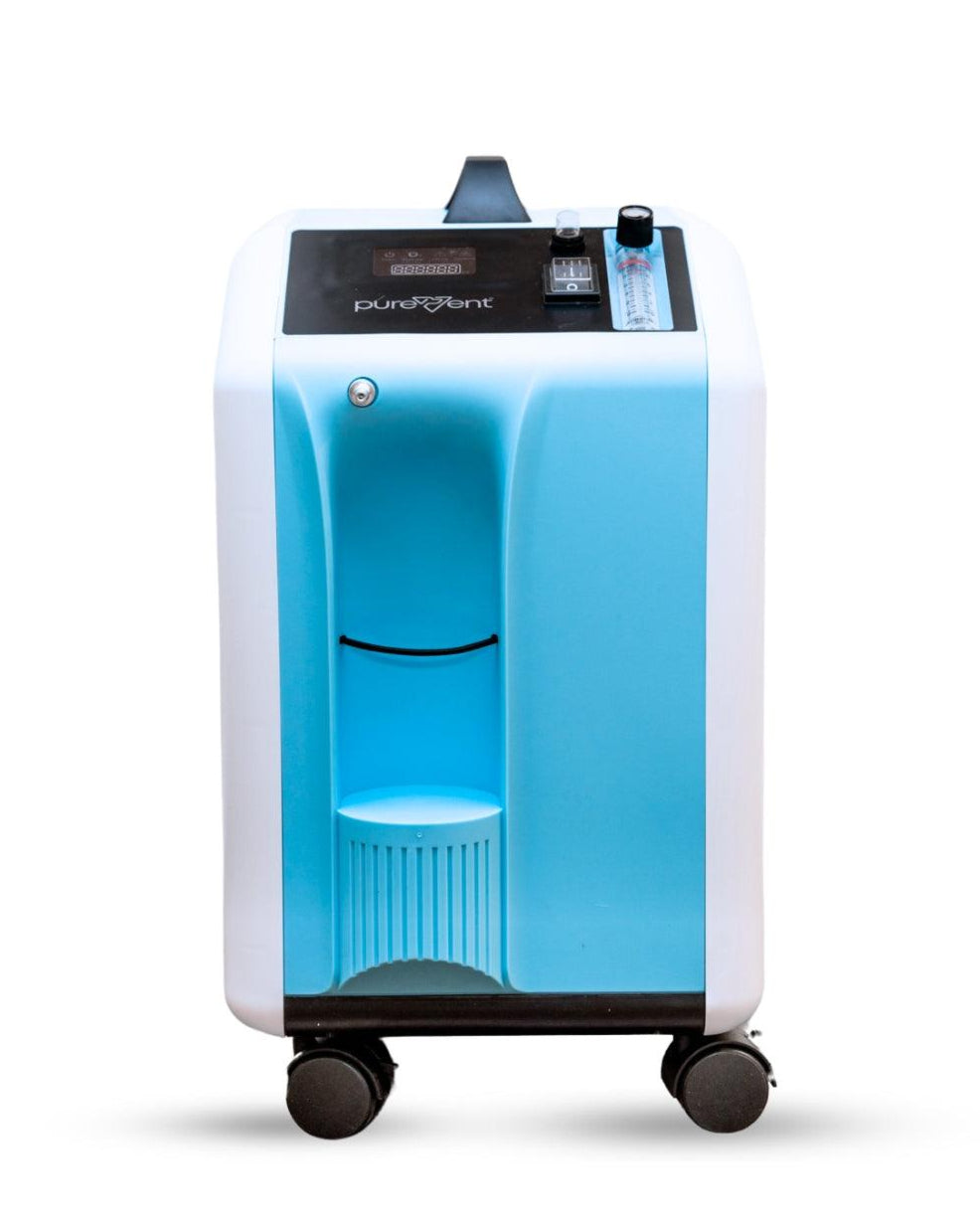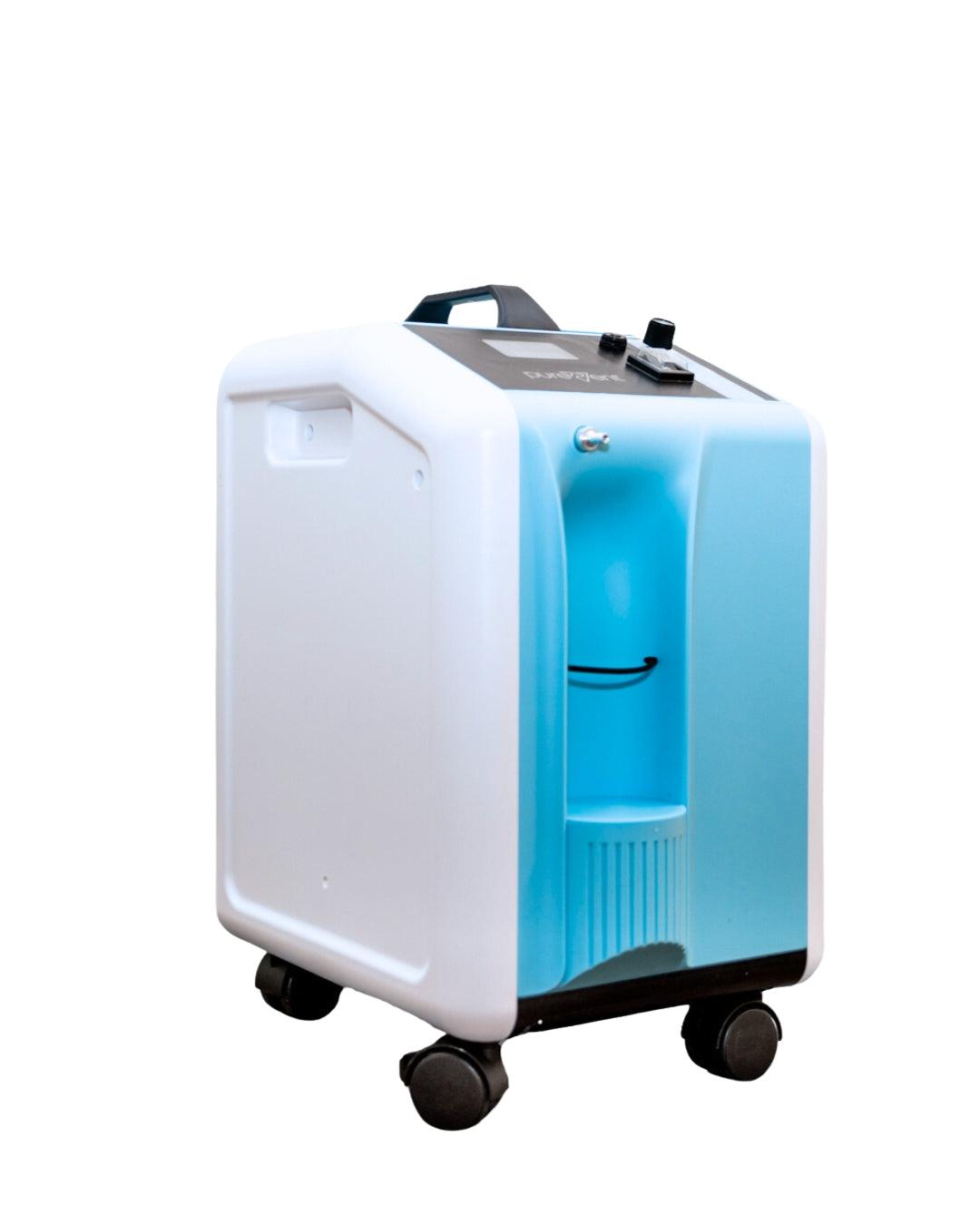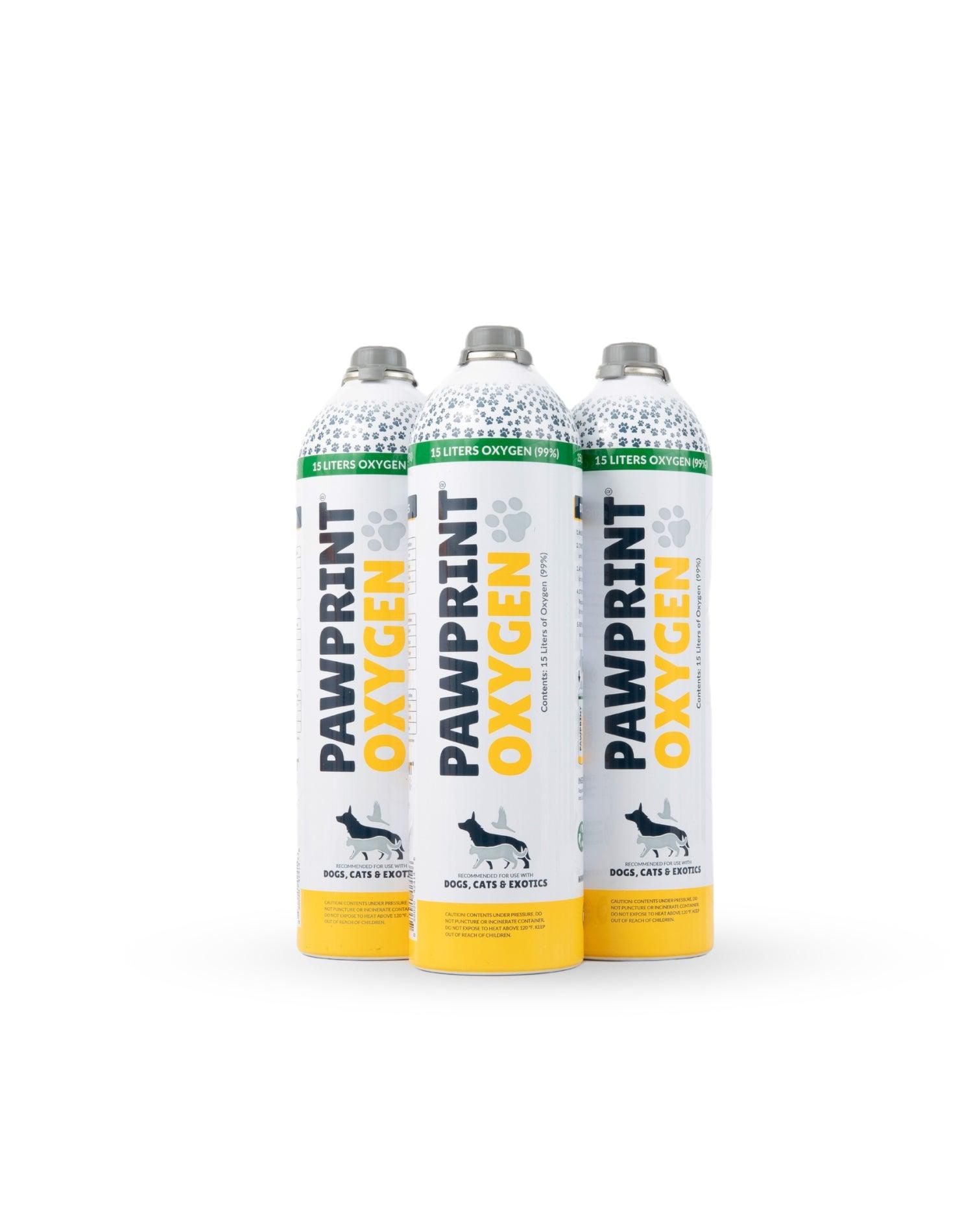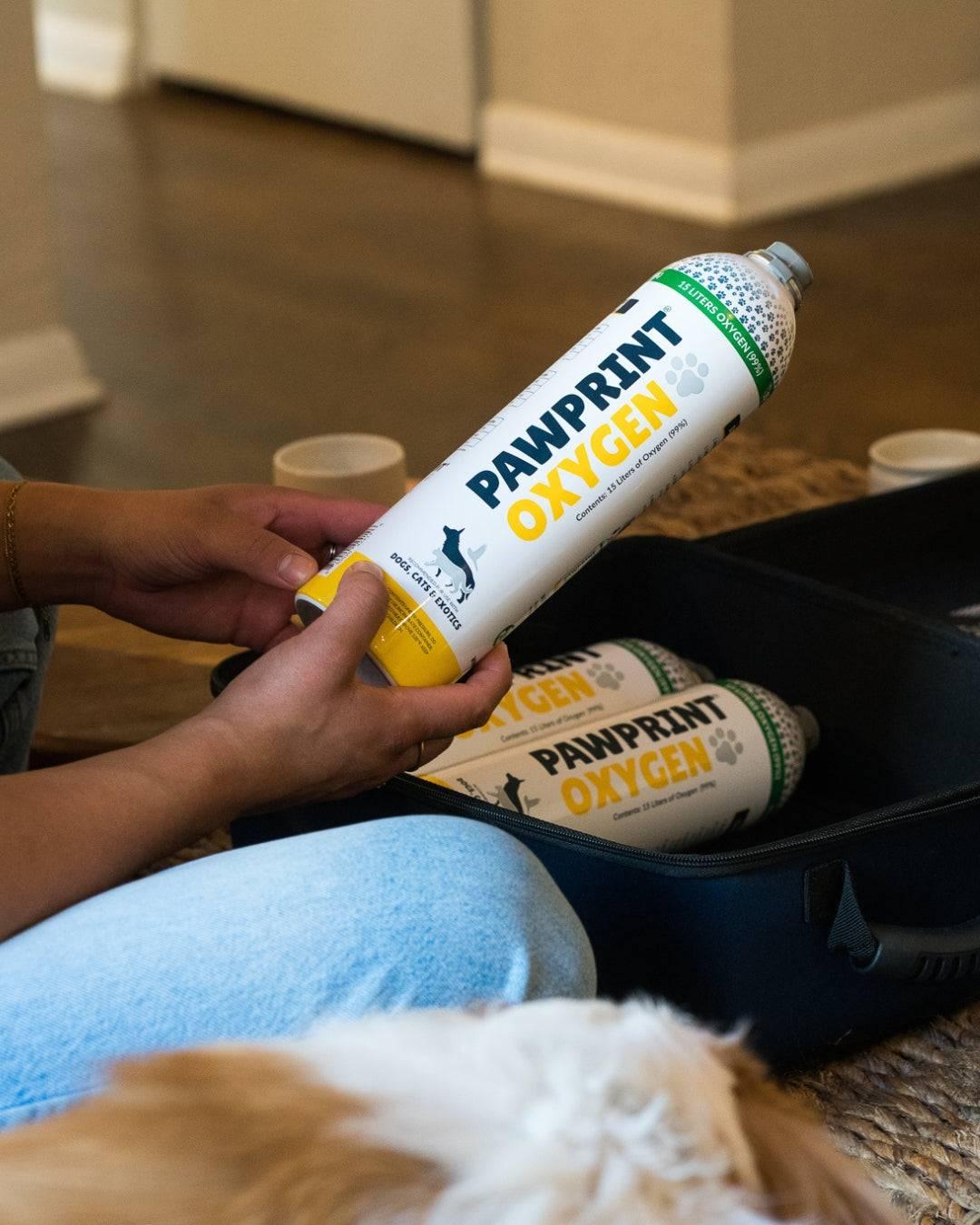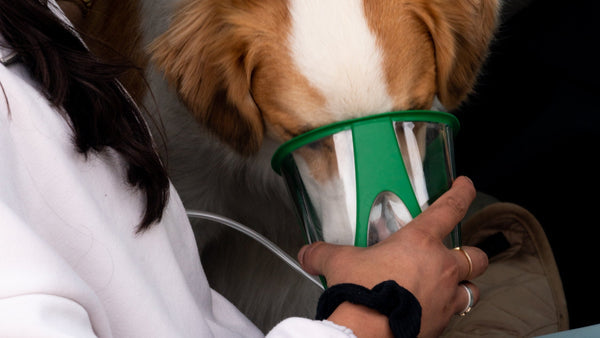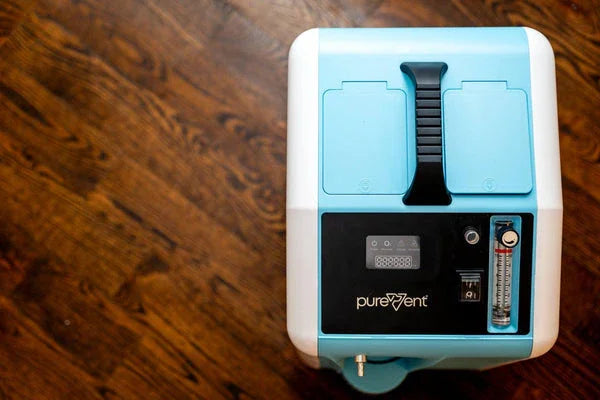Kennel cough in dogs is a highly contagious respiratory illness that every pet owner should understand. Also known as Canine Infectious Respiratory Disease Complex (CIRDC), kennel cough in dogs is caused by a combination of viruses and bacteria that leads to inflammation of the trachea and bronchi. While kennel cough in dogs is often mild and self-limiting, it can sometimes progress to more serious conditions like pneumonia, especially in puppies, senior dogs, or those with underlying health problems. Understanding kennel cough in dogs is crucial for recognizing the symptoms, knowing when to seek veterinary care, and taking steps to prevent the spread of this common yet potentially serious disease.

What Is Kennel Cough?
Kennel cough in dogs, also known as Canine Infectious Respiratory Disease Complex (CIRDC), is a highly contagious respiratory illness that affects dogs of all ages. Kennel cough is not caused by a single pathogen, but rather by a combination of viruses and bacteria, including Bordetella bronchiseptica, parainfluenza virus, canine adenovirus, and others. These pathogens work together to compromise the respiratory tract, making it easier for infection to take hold.
Kennel cough is primarily spread through airborne droplets produced when an infected dog coughs or sneezes. This means that the condition is especially common in environments where dogs are housed in close quarters, such as boarding kennels, shelters, dog parks, and grooming facilities. In addition to airborne spread, kennel cough can also be transmitted through contaminated surfaces like water bowls, toys, and even human hands or clothing.
Because kennel cough in dogs is so easily spread, it’s essential for pet owners to recognize the symptoms and understand how to prevent this condition from affecting their furry companions.
Symptoms of Kennel Cough in Dogs
Recognizing the symptoms of kennel cough is crucial for early detection and treatment. The most common sign of kennel cough is a dry, hacking cough that often sounds like a honking goose. This persistent cough can be triggered by excitement, exercise, or gentle pressure on the trachea—such as from a collar or leash.
In addition to the hallmark cough, other symptoms of kennel cough may include sneezing, nasal discharge, a mild fever, and lethargy. Some dogs with kennel cough may appear otherwise healthy, while others may show signs of discomfort or decreased energy.
Symptoms of kennel cough in dogs usually appear within 3 to 10 days after exposure to an infected dog or contaminated environment. While most cases of kennel cough resolve on their own within a few weeks, it’s important to monitor your dog closely for any signs of worsening illness, as complications like pneumonia can develop in more severe cases.
How Serious Is Kennel Cough?
Kennel cough can vary widely in severity, depending on the individual dog’s health and circumstances. In most cases, kennel cough is a mild and self-limiting illness that resolves on its own within 2 to 3 weeks. During this time, dogs may continue to eat, play, and otherwise appear healthy, even with a persistent cough.
However, kennel cough can sometimes progress to more serious conditions, especially in vulnerable groups. Puppies, elderly dogs, or dogs with weakened immune systems are at higher risk of developing complications such as pneumonia. Pneumonia as a result of kennel cough can lead to symptoms like difficulty breathing, lethargy, and a significant decline in overall health—requiring immediate veterinary care.
Certain risk factors can make kennel cough more severe. Breed predispositions, underlying respiratory or heart conditions, stress from recent travel or boarding, and exposure to overcrowded environments like shelters or dog parks can all increase the likelihood of complications. For these reasons, it’s important to monitor your dog closely and consult your veterinarian if symptoms worsen or persist beyond a typical recovery period.

When Should You Seek Veterinary Care?
Knowing when to seek veterinary care for kennel cough in dogs is essential for preventing complications. While many cases of kennel cough are mild and resolve on their own, some situations require prompt medical attention.
Pet owners should contact their veterinarian if they notice any red flags in dogs with kennel cough. These red flags include a persistent cough that worsens or does not improve after 10-14 days, significant lethargy, a loss of appetite, or any signs of difficulty breathing such as rapid, shallow, or labored breathing. These symptoms could indicate that kennel cough has progressed to a more serious condition, like pneumonia, that requires immediate treatment.
Special consideration should also be given to high-risk groups. Puppies, elderly dogs, and dogs with pre-existing health conditions or weakened immune systems are more likely to develop complications from kennel cough. In these cases, even mild symptoms should be evaluated by a veterinarian to ensure appropriate care and to prevent the spread of the infection to other dogs.
By staying vigilant and knowing when to seek veterinary care, pet owners can help protect their furry friends from the more serious risks of kennel cough.
Treatment Options for Kennel Cough in Dogs
When it comes to treating kennel cough in dogs, most cases are mild and can be managed with supportive care at home. Supportive care for kennel cough includes providing plenty of rest, ensuring your dog stays well-hydrated, and using cough suppressants only if recommended by a veterinarian.
In some cases of kennel cough, especially those involving breathing difficulties or higher risk groups, supplemental oxygen therapy can be a helpful addition. Pawprint Oxygen offers portable oxygen kits designed for home use, as well as oxygen concentrators and chambers that can provide continuous oxygen therapy for more severe cases of kennel cough. This type of support can help dogs breathe more comfortably while they recover.
Antibiotics are sometimes used in the treatment of kennel cough, but only when a secondary bacterial infection is suspected or confirmed by your veterinarian. It’s important to avoid unnecessary antibiotic use to prevent resistance and to ensure your dog’s treatment plan is appropriate.
Isolation is another key component of managing kennel cough. Since kennel cough is highly contagious, keeping your pet away from other dogs during recovery helps prevent the spread of infection to other animals in the community. By combining supportive care, appropriate medications, and preventive measures, you can help your dog recover from kennel cough and get back to feeling their best.
Treatment Options
Supportive Care:
- Provide rest and hydration to help your dog’s immune system fight off the infection.
- Use cough suppressants only if recommended by your veterinarian to alleviate the hacking cough often associated with kennel cough.
Supplemental Oxygen Therapy:
- For severe cases of kennel cough in dogs or breathing difficulties, supplemental oxygen therapy may be beneficial.
- Consider using Pawprint Oxygen portable oxygen kits or an oxygen concentrator and chamber for at-home oxygen support.
Antibiotics:
- Used only if a secondary bacterial infection is suspected or confirmed by your veterinarian.
- Not all cases of kennel cough in dogs require antibiotics, as the condition is often caused by a combination of viruses and bacteria.
Isolation:
- Keep your dog separated from other dogs to prevent the spread of kennel cough in dogs.
- Practice good hygiene by washing hands, cleaning shared bowls, and disinfecting surfaces your dog encounters.
What causes kennel cough—bacteria, viruses, or both?
Kennel cough is caused by both bacteria and viruses. It’s a highly contagious illness that often spreads in environments where dogs are in close contact, such as kennels, doggy daycares, and shelters. The most common bacterial culprit is Bordetella bronchiseptica, while viral contributors can include canine parainfluenza virus, canine adenovirus type 2, and canine influenza virus, among others.
These pathogens can act alone or in combination to compromise the respiratory tract, making dogs more vulnerable to secondary infections. This is why kennel cough can vary in severity—from a mild cough to more serious symptoms like lethargy, loss of appetite, and fever. Vaccinations and good hygiene practices are key to reducing the risk of infection.
Is kennel cough the same as a dog cold or flu?
Kennel cough is similar to a dog cold or flu in that it affects the respiratory system and can cause symptoms like coughing, sneezing, nasal discharge, and lethargy. However, kennel cough is not exactly the same—it’s a specific illness often caused by a combination of viruses and bacteria, most commonly Bordetella bronchiseptica and canine parainfluenza virus . It's highly contagious and typically spreads in places where dogs congregate.
In contrast, the term "dog cold" is a more general way to describe mild respiratory symptoms, while "dog flu" usually refers to a specific viral infection caused by canine influenza viruses like H3N8 or H3N2 . So while the symptoms can overlap, kennel cough is its own distinct condition within the broader category of canine respiratory illnesses.
How often should my dog get the kennel cough vaccine?
Dogs should receive the kennel cough vaccine—commonly referred to as the Bordetella vaccine— once a year , though some veterinarians may recommend it every six months for dogs at higher risk, such as those who frequently visit boarding facilities, groomers, dog parks, or daycare centers. It's best to consult your veterinarian to determine the right schedule based on your dog’s lifestyle and exposure risk.
Prevention Strategies
Preventing kennel cough in dogs is one of the most important steps pet owners can take to protect their furry friends from this highly contagious respiratory illness. Fortunately, there are several effective strategies that can help reduce the risk of kennel cough.
Vaccination:
- Vaccinating your dog is one of the most effective ways to prevent kennel cough. The Bordetella bronchiseptica vaccine is commonly used, and it can be administered as an intranasal spray or an injectable shot, depending on your veterinarian’s recommendation.
- While vaccination may not prevent all cases of kennel cough in dogs, it can significantly reduce the severity and duration of illness.
Good Hygiene in Boarding and Daycare Settings:
- Since kennel cough in dogs spreads easily in places where dogs congregate, maintaining good hygiene is essential.
- Look for boarding and daycare facilities that prioritize cleanliness, require proof of vaccination, and isolate dogs showing symptoms of kennel cough in dogs.
Minimizing Stress and Ensuring Good Ventilation:
- Stress can weaken a dog’s immune system, making them more susceptible to kennel cough in dogs.
- Provide a comfortable, low-stress environment for your dog at home, and choose boarding facilities that minimize stress by offering quiet spaces and regular exercise.
- Good ventilation in kennels and daycare centers helps reduce the risk of airborne transmission of kennel cough in dogs.
By implementing these prevention strategies, you can help keep your dog healthy and reduce the spread of kennel cough in dogs within your community.

Knowledge and Prevention Can Make All the Difference
Kennel cough in dogs is a common yet important condition for pet owners to understand. While most cases of kennel cough are mild and resolve on their own within a few weeks, some dogs—particularly puppies, elderly dogs, or those with underlying health conditions—may develop more serious complications like pneumonia.
Recognizing the symptoms of kennel cough early on is key to managing the illness effectively and preventing it from spreading to other dogs. By being aware of the risks, staying up to date on vaccinations, maintaining good hygiene, and providing a low-stress environment, you can significantly reduce your dog’s chances of developing kennel cough.
If your dog develops symptoms that persist, worsen, or if they show any signs of difficulty breathing, it’s important to seek veterinary care promptly. Early intervention and appropriate treatment can make all the difference in ensuring a speedy recovery from kennel cough.
With proper knowledge and preventive measures, you can help keep your furry friend safe and healthy, protecting them from the discomfort and risks associated with the illness.
Key Points
- Kennel cough in dogs is a highly contagious respiratory illness caused by a combination of viruses and bacteria, most commonly Bordetella bronchiseptica.
- The hallmark symptom of kennel cough in dogs is a dry, hacking cough, though other symptoms can include sneezing, nasal discharge, and lethargy.
- Most cases of kennel cough are mild and self-limiting, but severe cases can lead to pneumonia—especially in puppies, elderly dogs, or those with compromised immune systems.
- Early recognition and supportive care, including rest, hydration, and possible veterinary-recommended treatments, are essential for recovery.
- Preventive measures such as vaccination, good hygiene, stress reduction, and proper ventilation can help reduce the risk of kennel cough in dogs.
- Seek veterinary care if your dog has persistent symptoms, loss of appetite, difficulty breathing, or if they belong to a high-risk group.

